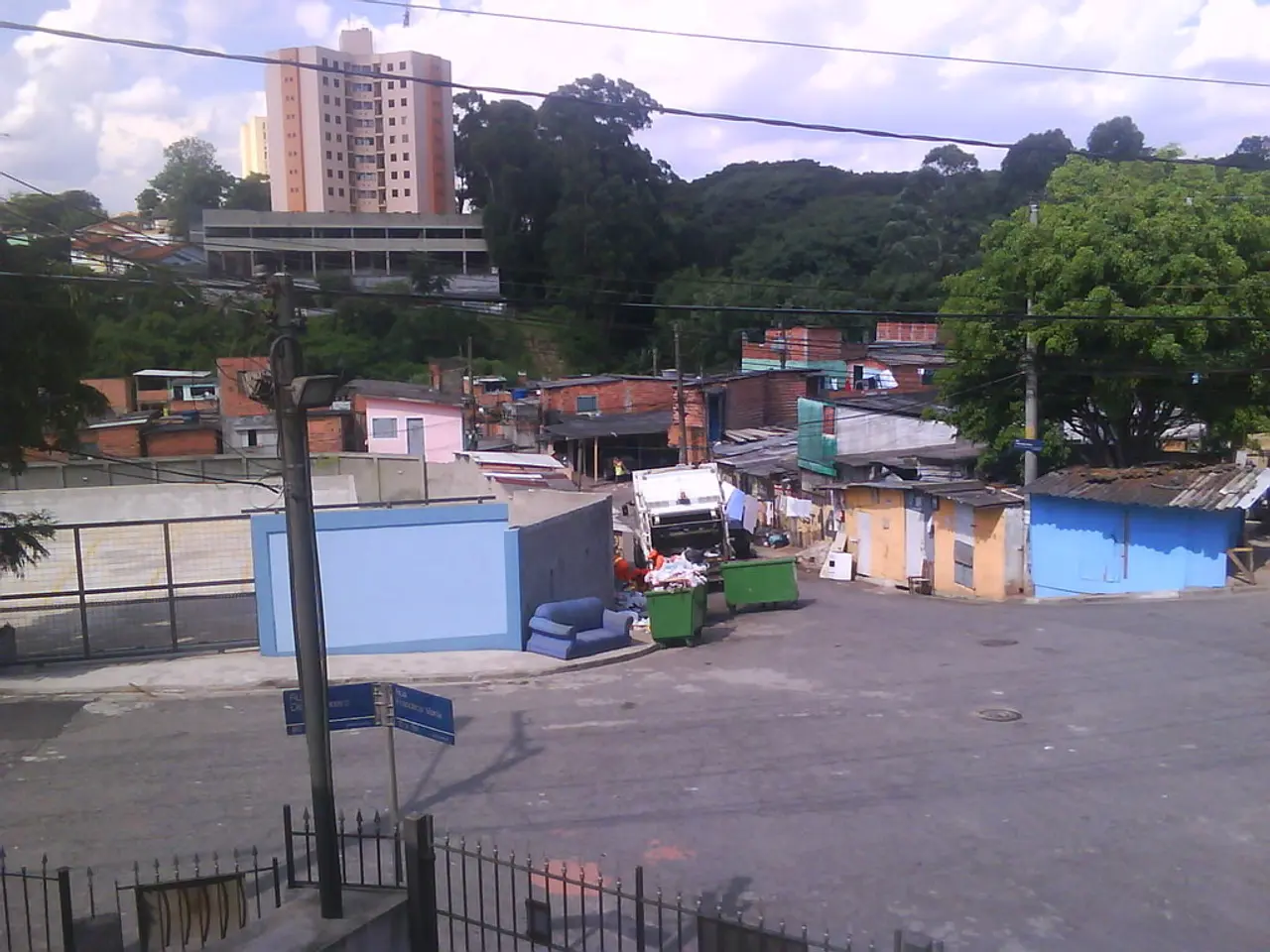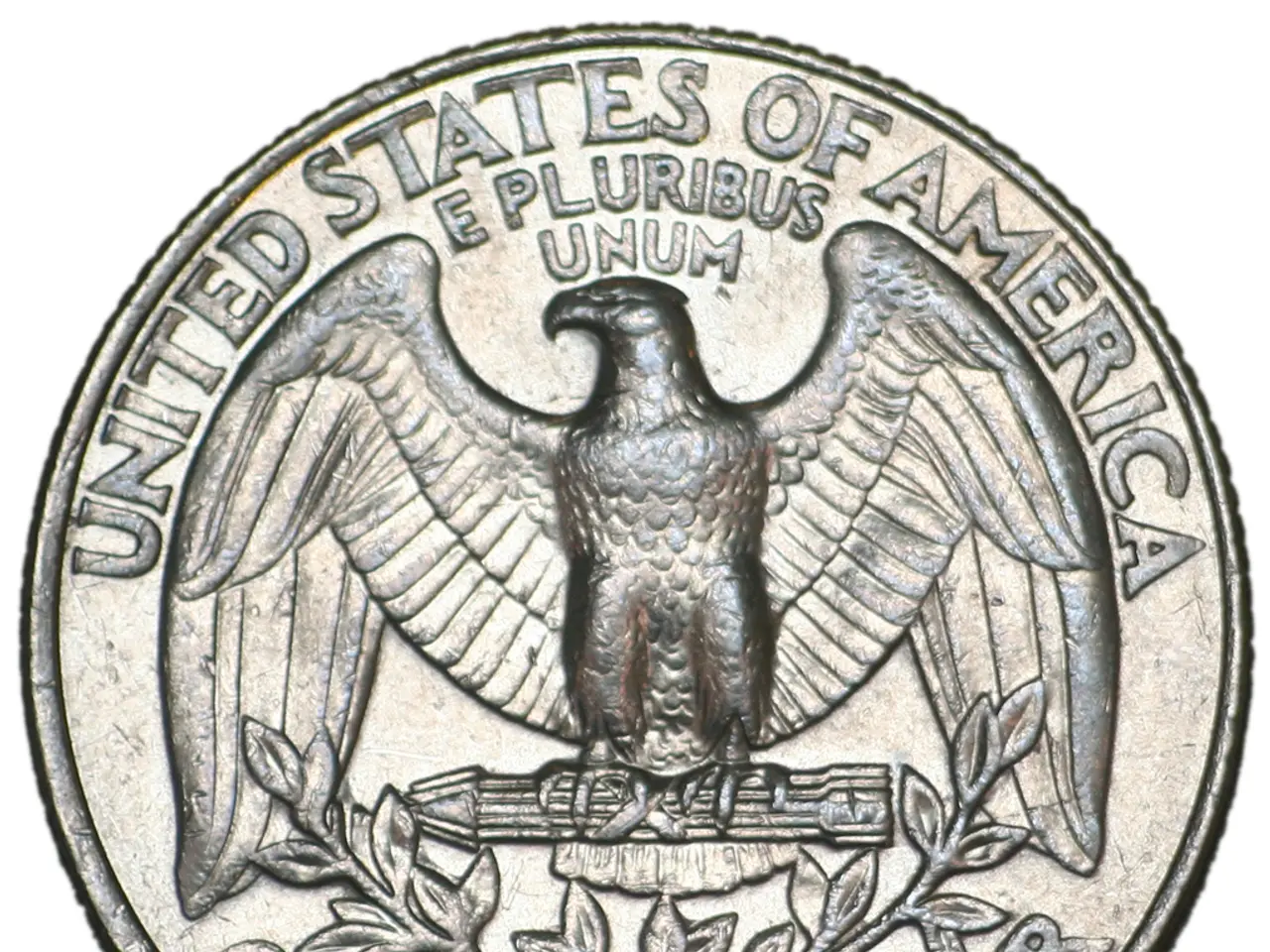Aere Network Introduces GRN: A Blockchain Solution for Addressing Worldwide Challenges
The Global Resilience Network (GRN), a decentralized initiative by Aere Network, is set to revolutionize the way we address global challenges, particularly those related to climate adaptation, disaster mitigation, and resource distribution.
GRN's infrastructure, built on a high-performance Layer 1 blockchain architecture, boasts military-grade security and an environmentally sustainable consensus mechanism that reduces energy consumption by an impressive 99.9% compared to traditional blockchain systems. This makes GRN capable of processing over 273,000 transactions per second, a significant leap forward in blockchain technology.
GRN's long-term vision is ambitious and far-reaching. It aims to insulate over 6 billion people from climate and disaster threats, secure over $30 billion in total value locked (TVL), and prevent approximately $900 billion in disaster-related losses. Moreover, GRN aspires to empower over 4 billion marginalized voices through decentralized governance mechanisms and foster over 1,500 new innovations.
One of the unique features of GRN is its inclusivity. The platform is designed to be accessible to 3 billion low-literacy users, potentially bridging the digital divide and providing a platform for these users to participate in the digital economy. GRN also intends to support the development and deployment of over 2,500 decentralized applications (dApps), further expanding its reach and impact.
GRN's goals align closely with the United Nations Sustainable Development Goals (SDGs). While specific projects and strategies are yet to be detailed, GRN's focus on climate action (SDG 13), industry, innovation, and infrastructure (SDG 9), and sustainable cities and communities (SDG 11) mirrors the UN's holistic approach to sustainable development.
GRN also aims to restore over 1.5 billion hectares of ecosystems and annually sequester over 1.5 gigatons of carbon dioxide, contributing significantly to global efforts against climate change. Furthermore, GRN intends to integrate with over 75 blockchain networks across more than 150 countries, demonstrating its commitment to a global, collaborative approach to problem-solving.
While more authoritative sources or direct organizational information are necessary to provide a detailed description of the GRN by Aere Network and its specific ties to the SDGs, the general themes of resilience, sustainability, and inclusivity are clear. As GRN continues to grow and develop, it promises to be a key player in the global effort to build a more resilient, sustainable, and equitable world.
[1] Resilient Networks: Designing for Disruptions (White Paper, 2020) [2] Integrated Infrastructure Planning for Climate Resilience (Report, 2019) [3] AI-Driven Network Resilience: A New Era of Disaster Management (Report, 2021)
- The Global Resilience Network (GRN), with its focus on climate action, aligns closely with the United Nations' climate-related Sustainable Development Goal (SDG 13).
- By supporting the development and deployment of over 2,500 decentralized applications (dApps), GRN demonstrates its commitment to fostering technology-driven innovations in the field of environmental-science, particularly in the context of climate change and disaster mitigation.
- As GRN integrates with over 75 blockchain networks across more than 150 countries, it bridges financial systems (through its TVL goals of over $30 billion) and space-and-astronomy, allowing for the sharing of resources and data among various nations, contributing to global resilience efforts.




